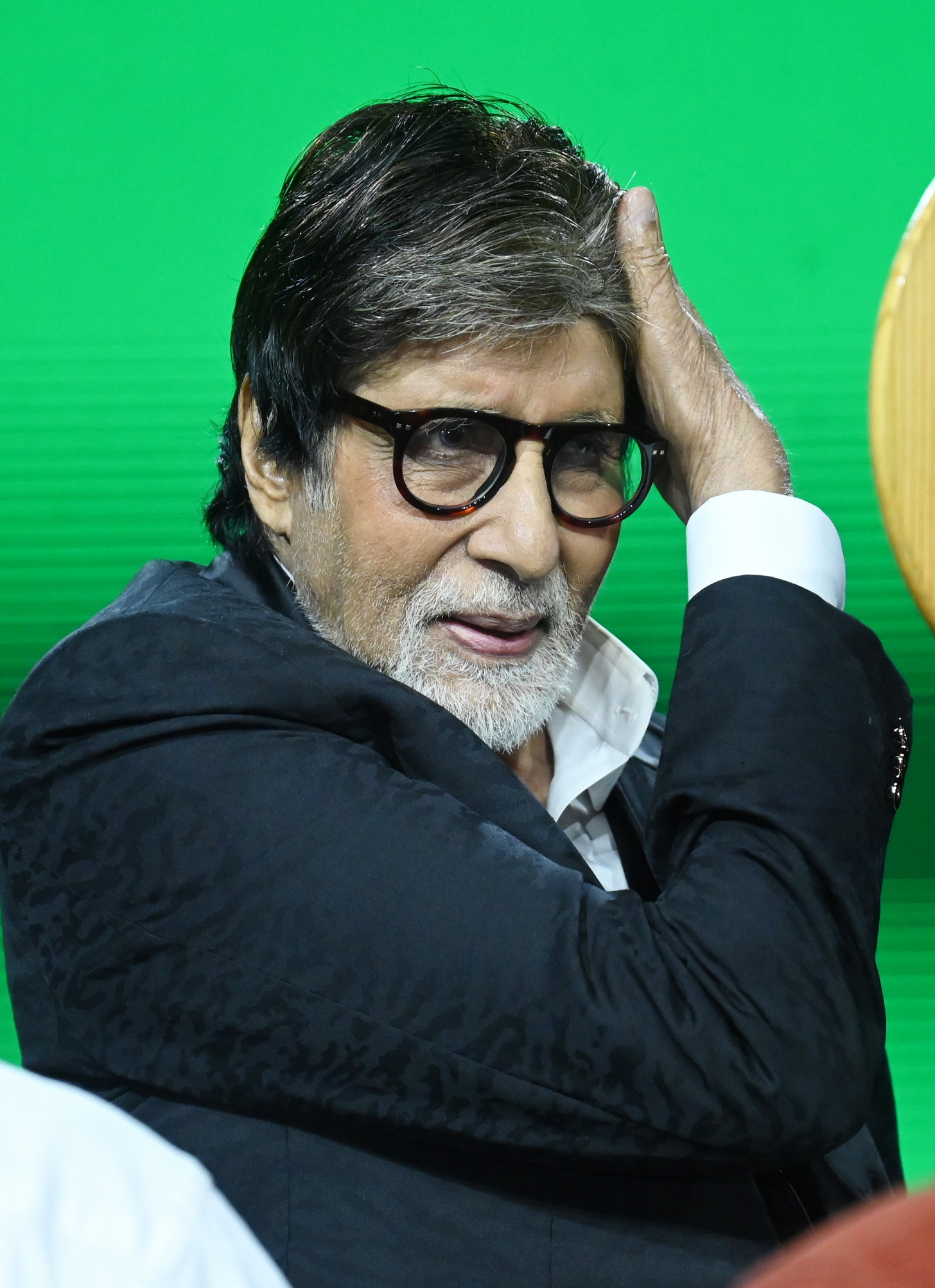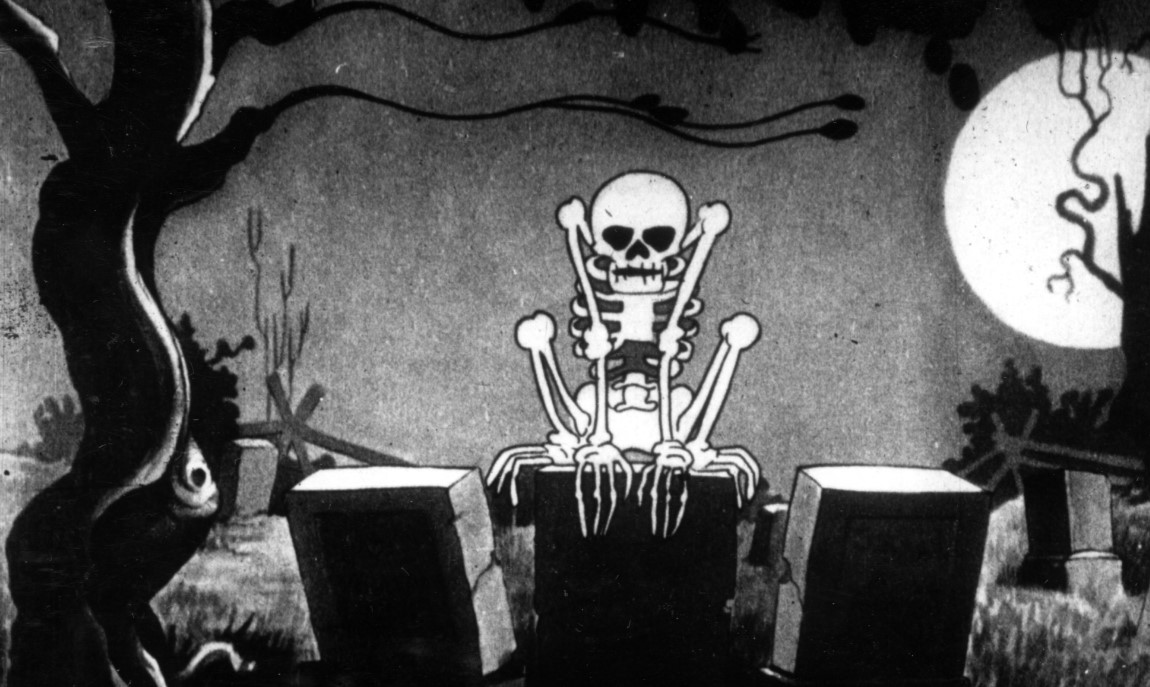Biography of Amitabh Bachchan: The Eternal Shahenshah of Indian Cinema

Amitabh Bachchan, often referred to as the "Shahenshah" (Emperor) of Indian cinema, is a living legend whose charismatic presence and versatile acting have left an indelible mark on the world of entertainment. Born on October 11, 1942, in Allahabad, Uttar Pradesh, his journey from an aspiring actor to an iconic figure spans decades of cinematic brilliance and personal resilience.
Early Dreams and Struggles: Amitabh Bachchan's initial aspirations took him down a path quite different from acting. He initially wanted to pursue a career in engineering and even completed a degree in the subject. However, the allure of the film industry and the legacy of his poet father, Harivansh Rai Bachchan, eventually drew him towards acting.
Emergence of the Angry Young Man: Amitabh Bachchan's entry into Bollywood was met with skepticism due to his tall frame and unconventional looks. However, his talent and dedication proved his critics wrong. In the 1970s, he became synonymous with the "Angry Young Man" archetype, portraying characters who stood against societal injustices. This persona resonated with the masses and transformed him into a cultural phenomenon.
Versatility and Iconic Roles: Beyond the angry young man image, Bachchan displayed remarkable versatility in his roles. From romantic leads to intense character portrayals, he effortlessly slipped into various roles, making each character distinctly memorable. Films like "Deewar," "Sholay," "Zanjeer," and "Amar Akbar Anthony" showcased his range as an actor.
Personal Setbacks and Comeback: Despite his immense success, Bachchan faced professional setbacks, and his production company's financial troubles pushed him towards the brink of bankruptcy. However, his resilience and determination led to a spectacular comeback. His performance in "Mohabbatein" marked his return to the silver screen, earning him accolades and reaffirming his star power.
Second Innings and Global Recognition: Amitabh Bachchan's stature transcended geographical boundaries. He ventured into television, hosting the iconic show "Kaun Banega Crorepati" (Indian version of "Who Wants to Be a Millionaire?"), which not only redefined his career but also strengthened his connection with the audience. He continued to act in diverse roles, earning respect from audiences worldwide.
Cultural Influence and Philanthropy: Bachchan's cultural influence is profound. His deep baritone voice, charismatic screen presence, and timeless dialogues have become an integral part of Indian pop culture. Beyond acting, he's actively engaged in philanthropy, supporting causes ranging from education to healthcare, showcasing his commitment to societal welfare.
Respected Elder Statesman: As he gracefully aged, Amitabh Bachchan transitioned into a respected elder statesman of the film industry. His wisdom, humility, and insightful commentary on various issues have made him a revered figure both within and outside the entertainment world.
Conclusion: Amitabh Bachchan's journey is a testament to his passion for art, his ability to redefine cinematic norms, and his capacity to adapt to changing times. His impact on Indian cinema is immeasurable, making him not just a legendary actor but a cultural icon. His story resonates as a tale of reinvention, resilience, and the eternal Shahenshah who continues to reign over hearts and screens with unparalleled grandeur.




